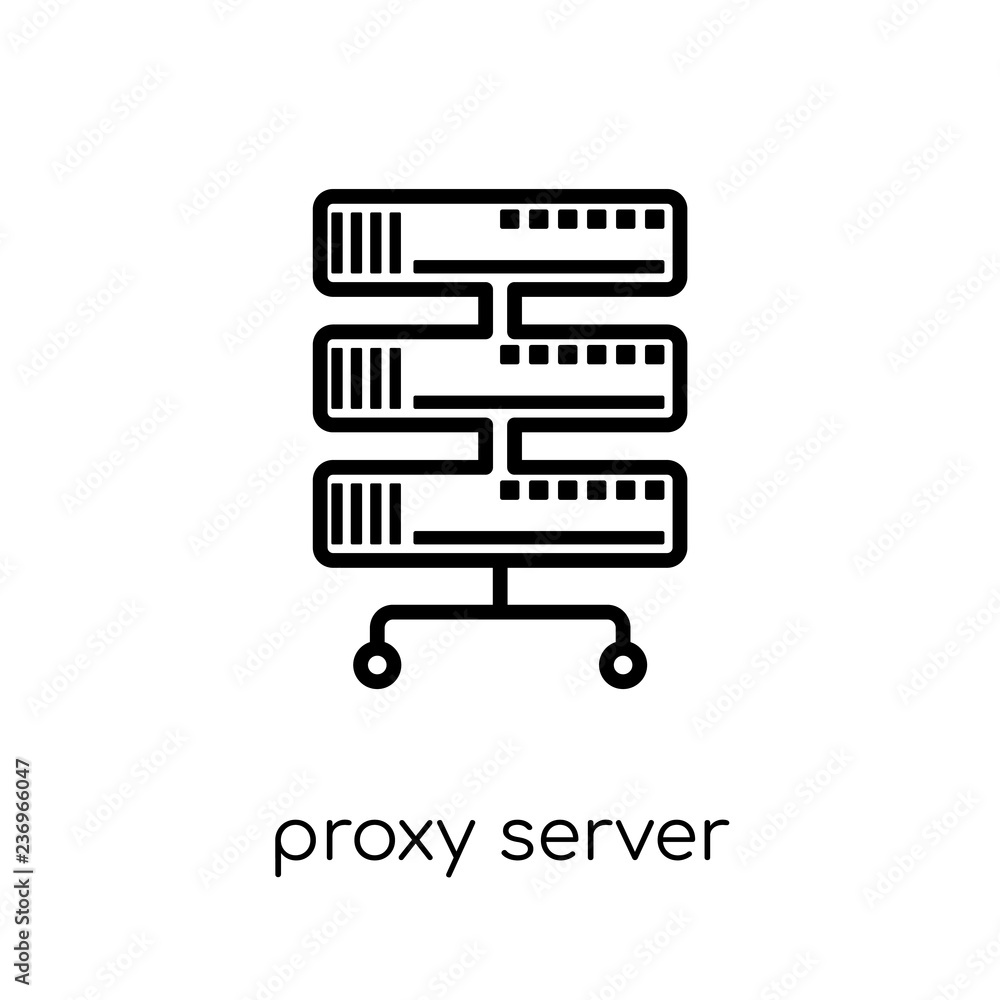During the current digital age, the internet can often feel like a wild west where dangers lurk around each corner. Whether it's identity theft, data breaches, or unwanted surveillance, safeguarding our online presence has always been more critical. One strong tool in traversing this risky landscape is the proxy server. With their ability to act as intermediaries between users and the internet, proxy servers offer a significant layer of privacy, security, and anonymity that can significantly enhance our browsing experience.
As technology evolves, so do methods we use to protect ourselves online. Proxy servers serve a range of purposes, from bypassing geographical restrictions on content to offering an added barrier against potential cyber threats. Understanding what a proxy server is and how it operates can empower users to make informed decisions about their online activities. In this article, we will explore the importance of proxy servers, their various types, the advantages they offer for privacy and security, and how they can be employed efficiently in both personal and professional contexts.
Understanding Proxy Servers for Networking
A middleman server acts as an go-between between a individual's device and the web. When you connect to a middleman server, your requests for data are sent through the intermediary instead of immediately to the destination server. This implies that the middleman fetches the information for you, which then allows for diverse features such as anonymity, protection, and content moderation.
One of the key functions of a proxy server is to offer a shield of defense for your internet activities. By concealing your internet protocol address, it makes it more challenging for online platforms and would-be hackers to follow your internet activity. This extra layer of anonymity helps safeguard your personal information, making it a important tool for those focused about safety in an increasingly interconnected virtual world.
Moreover, these middlemen can enhance the overall user encounter by boosting connection speeds and enabling access to geo-restricted content. Varied types of proxies, such as HTTP-based, Socket Secure, and non-intrusive proxies, cater to diverse needs, supplying flexibility for users to select the most suitable option based on their distinct use cases, whether for individual use or corporate purposes.
Benefits and Risks of Proxy Usage
Using a proxy server delivers a plethora of benefits, particularly in improving online privacy and security. By https://buyproxy.omeka.net/ as an intermediary between the user and the internet, proxies can hide the user's real IP address, causing it more difficult for websites and malicious actors to trace online activities. This anonymity can be crucial for individuals looking to protect personal information or for businesses that want to ensure their operations are shielded from potential cyber threats. Additionally, proxy servers can assist users access geo-restricted content, allowing for a wider browsing experience.

However, there are significant risks linked with using proxy servers, notably free ones. Free proxies may not have strong security measures in place, exposing users to data breaches and malware. Furthermore, many free services record user activities, potentially undermining privacy rather than improving it. It's crucial to analyze the reputation and trustworthiness of a proxy service to minimize these risks. Neglecting to do so could result in exposing sensitive information to third parties.
In the context of business operations, while proxy servers can greatly enhance cybersecurity and productivity, organizations must balance these advantages against the potential for misconfiguration or inadequate protection. A badly managed proxy can lead to security vulnerabilities, potentially leaving the company to harmful attacks. As with any technological solution, it is imperative to choose reputable proxy services and to apply best practices for security.
Proxy Servers in Various Applications
Businesses often rely on proxy services as crucial tools for boosting cybersecurity. By channeling internet traffic through a proxy, companies can supervise and refine outgoing and incoming data. This permits them to prevent malicious websites, stave off data breaches, and uphold compliance with organizational guidelines. Additionally, proxy solutions can deliver anonymity for employees, making it challenging for external actors to observe their online activities, thus boosting the overall security of the company.
In gaming, proxy solutions are utilized to minimize lag and improve connection stability. Players often encounter problems like latency and connection disruptions, which can considerably affect gameplay. By using a proxy specifically designed for online play, gamers can experience a more consistent experience, elude regional limitations, and even enhance their chances of not getting banned for IP misuses. This ensures a smoother gaming experience and enhanced access to game servers worldwide.
Proxy solutions play a crucial role in information harvesting and data collection for business analysis. Analysts and businesses use proxies to collect data from websites without drawing notice or becoming blocked. Various kinds of proxies, such as residential and data center proxies, allow users to retrieve information seamlessly while staying anonymous. By using proxies, businesses can remain competitive of rivals, obtain insights from market trends, and adapt their strategies accordingly without facing the threats associated with immediate extraction attempts.
